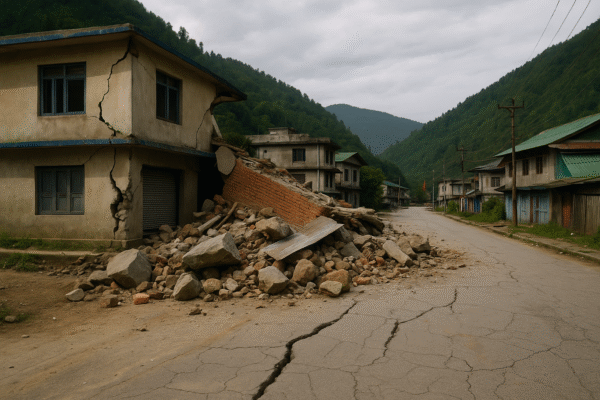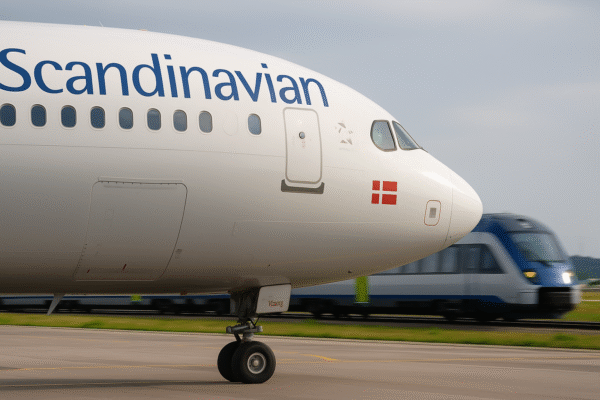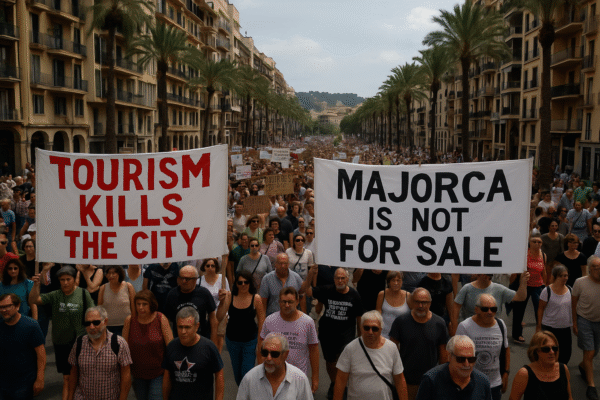The stunning Mediterranean island of Majorca, a long-time favourite of British holidaymakers, has found itself at the heart of an escalating tourism crisis. Once praised for its sun-drenched beaches and vibrant culture, Majorca (Mallorca) has now been branded Europe’s least welcoming destination for UK tourists, following mounting local unrest and protests against overtourism.
According to a recent survey conducted among British travellers, Majorca received an “unfriendliness rating” of 8 out of 10, topping the list of European destinations perceived as hostile to visitors. The findings come amid intensifying anti-tourism demonstrations across Spain, particularly in the Balearic Islands, where Palma de Mallorca has become a hotspot for weekly protests.
Mass Tourism Under Fire: “Tourism Kills the City”
The protests in Majorca are part of a broader wave of unrest sweeping Spain. In Barcelona, Valencia, and Tenerife, thousands have marched with placards reading “Tourism kills the city” and “Tourists out of our neighbourhoods.” These sentiments are no longer fringe opinions — they reflect a growing movement against the unchecked growth of tourism that many locals say has damaged their quality of life.
In Majorca, over 10,000 residents took to the streets in May 2025, demanding immediate reforms. Their concerns are not unfounded. Rising rent prices, overcrowded infrastructure, environmental degradation, and the commercialization of local communities have turned idyllic neighbourhoods into transient tourist zones. Some protest actions have turned confrontational — such as activists using water pistols to harass tourists dining in public spaces, drawing widespread media attention and further fuelling the island’s “unwelcoming” image.
Summer of Disruptions: Blockades and Airport Protests Loom
Organizers have warned of increased civil disobedience during the peak summer season. Proposed actions include blockading Palma de Mallorca Airport, which handles over 29 million passengers annually, and disrupting key access routes to beaches and hotel zones. These planned demonstrations, if carried out, could severely impact the travel plans of the hundreds of thousands of British tourists expected to visit the island in July and August.
Travel agencies and local hospitality businesses are concerned. “We understand the residents’ frustration, but we also need a path forward that doesn’t collapse the local economy,” said a representative of the Federació Empresarial Hotelera de Mallorca (FEHM).
Economic Dependence vs. Cultural Erosion
Tourism accounts for over 45% of the Balearic Islands’ GDP, according to Spain’s Ministry of Industry, Trade and Tourism. However, the influx of mass tourism has led to skyrocketing real estate prices, unaffordable living conditions for residents, and a significant rise in short-term rental conversions.
Locals argue that the benefits of tourism are increasingly concentrated among a few while the burdens — noise, congestion, cultural erosion — are shared by the many. The discontent has led the regional government to introduce stricter licensing for holiday rentals, reduce cruise ship arrivals, and promote off-season tourism in an effort to rebalance the visitor-resident equation.
Majorca Not Alone: Anti-Tourism Sentiment Spreads Across Europe
Majorca’s rating is part of a broader trend across Europe. Other popular destinations like Amsterdam and Barcelona received “unfriendliness” scores of 7 out of 10 in the same survey, driven by similar frustrations. In Amsterdam, city authorities launched a 2023 campaign urging British partygoers to stay away, while in Barcelona, protests have historically turned aggressive — including a 2017 attack on a tourist bus.
Even picturesque cities like Venice and Split have taken steps to limit overtourism. Venice has implemented a tourist entry fee to reduce day-tripper pressure, and Split is exploring caps on cruise ship traffic.
Hospitality Still Exists: Welcoming Alternatives in Europe
Despite the turmoil, not all of Europe is pushing back against visitors. Provence in France and Corfu in Greece emerged as top-rated destinations for hospitality among British travellers. These regions have successfully balanced tourism with local culture, offering authentic, community-based experiences that are well received by both locals and tourists.
Such destinations may stand to benefit from the backlash in Majorca and elsewhere, as conscious travellers seek alternatives that offer both beauty and a welcoming atmosphere.
A Crossroads for Spanish Tourism
The Balearic government, under the Ministry of Tourism and Innovation, has acknowledged the problem and is working with municipalities to develop sustainable tourism strategies. These include encouraging slow travel, expanding cultural tourism, and investing in infrastructure that benefits both visitors and residents.
Spain’s Secretary of State for Tourism recently stated, “Tourism is a pillar of our economy, but it must be aligned with social equity and environmental preservation. Majorca is a warning sign — and an opportunity to redefine success.”
As Majorca grapples with its image as Europe’s most unwelcoming tourist destination, it stands at a critical juncture. The question is no longer how to attract more tourists — but how to manage them wisely. Without decisive action, the island’s fragile relationship between economy and community may face further strain. For now, travelers are advised to stay informed, respect local sentiments, and consider alternative destinations offering both hospitality and harmony.
For more travel news like this, keep reading Global Travel Wire
















